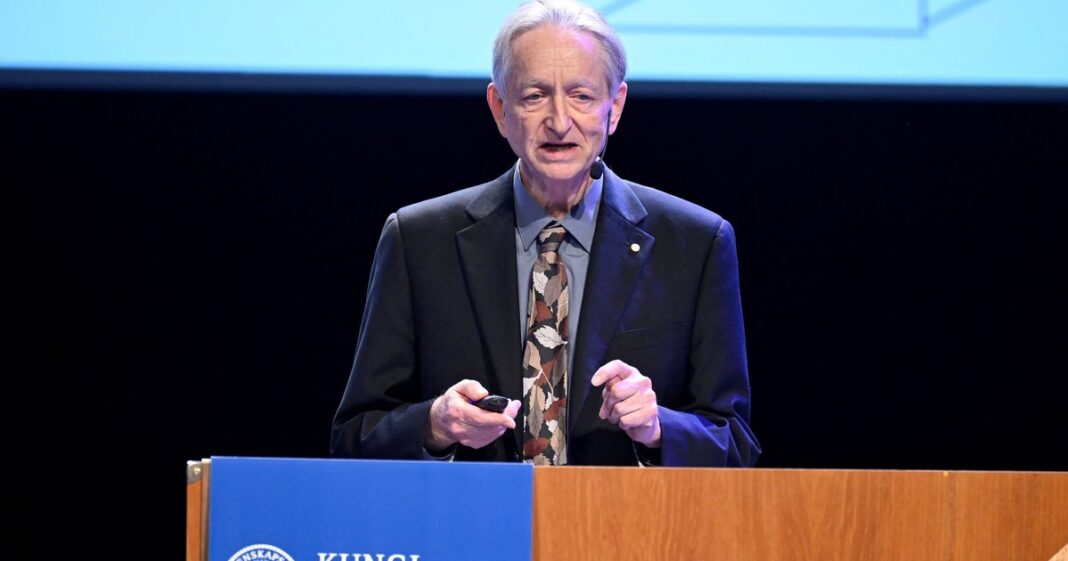The Future of AI: Insights from Geoffrey Hinton
The AI Race: A Current Snapshot
In a recent episode of Jon Stewart’s “The Weekly Show,” Geoffrey Hinton, often referred to as the “Godfather of AI,” shared his perspective on the ongoing competition between the United States and China in the field of artificial intelligence (AI). He indicated that while the U.S. currently leads, this advantage may not be sustainable. Hinton’s insights highlight critical factors that could influence the future trajectory of AI development.
The Issue of Funding
Hinton emphasized the importance of sustained funding for basic scientific research as a cornerstone of technological advancement. He articulated a stark warning: if the U.S. were to cut funding for research universities and basic science, it would fundamentally jeopardize its position in the global AI arena. Hinton passionately stated, “Suppose you want to do one thing that would really kneecap a country… the one thing you should do is mess with the funding of basic science.”
The Cost of Neglect
Digging deeper, Hinton noted that the growth of deep learning, a transformative force in AI, stemmed from years of consistent investment in basic research. Remarkably, he pointed out, “All of the funding for the basic research for that led to deep learning probably cost less than one B-1 bomber.” This statement underscores the relatively modest financial requirements for funding foundational research compared to military spending, making his point even more compelling. Disrupting this funding, he argued, is akin to “eating the seed corn”—a metaphor for consuming resources that are vital for future growth.
The Political Landscape
Hinton’s concerns connect to broader political trends impacting academic funding. While he did not specify particular budget cuts, it’s clear that recent pressures from the Trump administration have raised alarm bells within academic institutions. Officials have threatened to withdraw federal research funding from prestigious universities like Harvard and MIT unless they comply with certain policy changes. These tensions illustrate the precarious balance between political agendas and the flourishing of scientific inquiry.
Institutional Responses
Universities are reacting to these challenges in various ways. For instance, MIT’s president, Sally Kornbluth, recently turned down a federal offer that would have granted preferential access to funds while imposing restrictions that aligned too closely with the administration’s goals. This refusal reflects a growing stance among educational leaders to uphold academic freedom and the integrity of research without yielding to political pressures.
Future Leadership in AI Development
Looking ahead, Hinton raised the prospect that if international leadership in the ethical development of AI is to emerge, it is more likely to come from Europe or China rather than the U.S. He asserted, “It’s not going to come from the U.S. for another three and a half years,” aligning his prediction with the timeline of the current administration. This assertion casts a shadow over the U.S.’s future role in shaping global standards and best practices in AI.
The Importance of Sustained Investment
Hinton’s reflections serve as a clarion call for both policymakers and stakeholders in the tech community. The delicate interplay of funding, governance, and academic freedom will significantly shape the future of AI. Hinton’s arguments effectively underscore that without ongoing and robust investments in fundamental science, the potential for innovation and leadership in AI may diminish, leaving room for other nations to advance unchecked.
Through this lens, Hinton’s insights not only illuminate the current state of the AI race but also raise pertinent questions about the strategic decisions that could determine leadership in one of the most transformative fields of our time.



